November 26, 2018
Reducing commuting times could drastically reduce CO2 emissions
 A decrease in commuting times in the UK will reduce levels of carbon dioxide by 7.8 million tonnes per year by 2030, according to a new study by Regus. The economic study, carried out by independent researchers, found that if the growth in flexible workspace continues to increase, commuters in the country could save 115 million hours of commuting time per annum by 2030 from a turn to flexible working. Meanwhile, the nation which would see the largest annual carbon emission saving by 2030 is the United States. It is predicted to save nearly 960 million hours in commuting time, and with US commuters relying heavily on cars, this time saved translates to over 100 million tonnes of CO2.
A decrease in commuting times in the UK will reduce levels of carbon dioxide by 7.8 million tonnes per year by 2030, according to a new study by Regus. The economic study, carried out by independent researchers, found that if the growth in flexible workspace continues to increase, commuters in the country could save 115 million hours of commuting time per annum by 2030 from a turn to flexible working. Meanwhile, the nation which would see the largest annual carbon emission saving by 2030 is the United States. It is predicted to save nearly 960 million hours in commuting time, and with US commuters relying heavily on cars, this time saved translates to over 100 million tonnes of CO2.






 One year on from #MeToo – just one in four workers agree that international media coverage has helped to improve their workplace culture, according to new research on sexual harassment from Acas. The workplace experts commissioned the study from YouGov to find out whether media reporting on #MeToo and high-profile celebrity cases have had any effect on British workplaces. Only a third (30 percent) of survey respondents believe that incidents of sexual harassment in workplaces have decreased in the last five years.
One year on from #MeToo – just one in four workers agree that international media coverage has helped to improve their workplace culture, according to new research on sexual harassment from Acas. The workplace experts commissioned the study from YouGov to find out whether media reporting on #MeToo and high-profile celebrity cases have had any effect on British workplaces. Only a third (30 percent) of survey respondents believe that incidents of sexual harassment in workplaces have decreased in the last five years. 





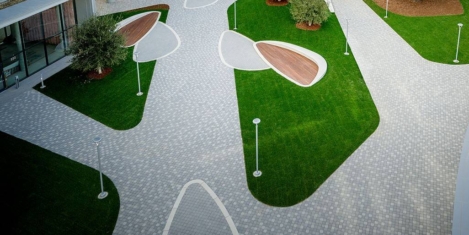
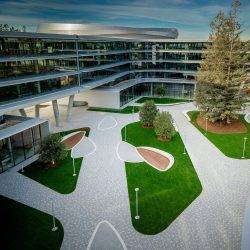


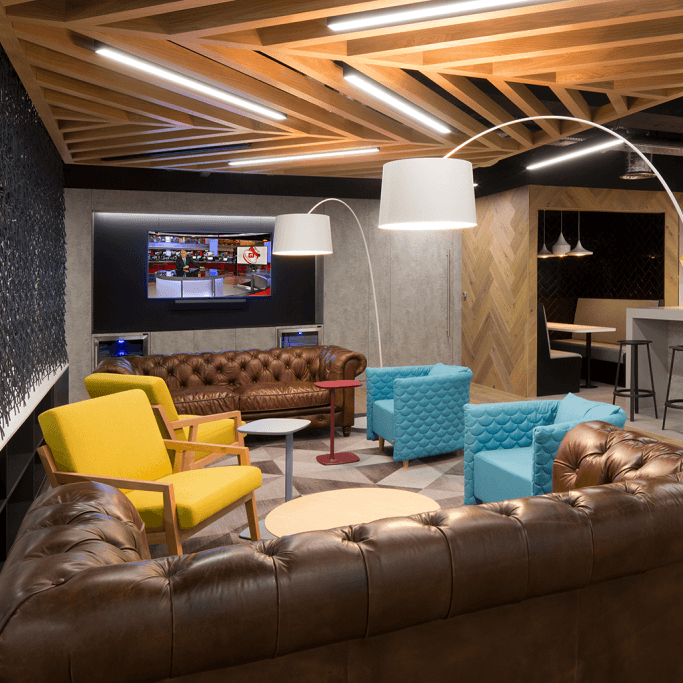
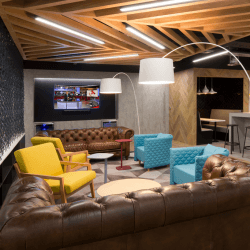
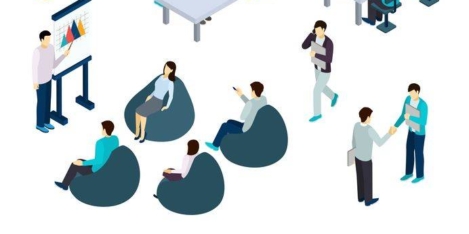
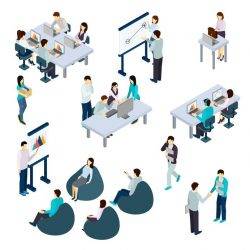














November 15, 2018
Are you ready for the world of agile working we will experience in the 2020s?
by John Eary and Paul Allsopp • Comment, Facilities management, Workplace design
More →